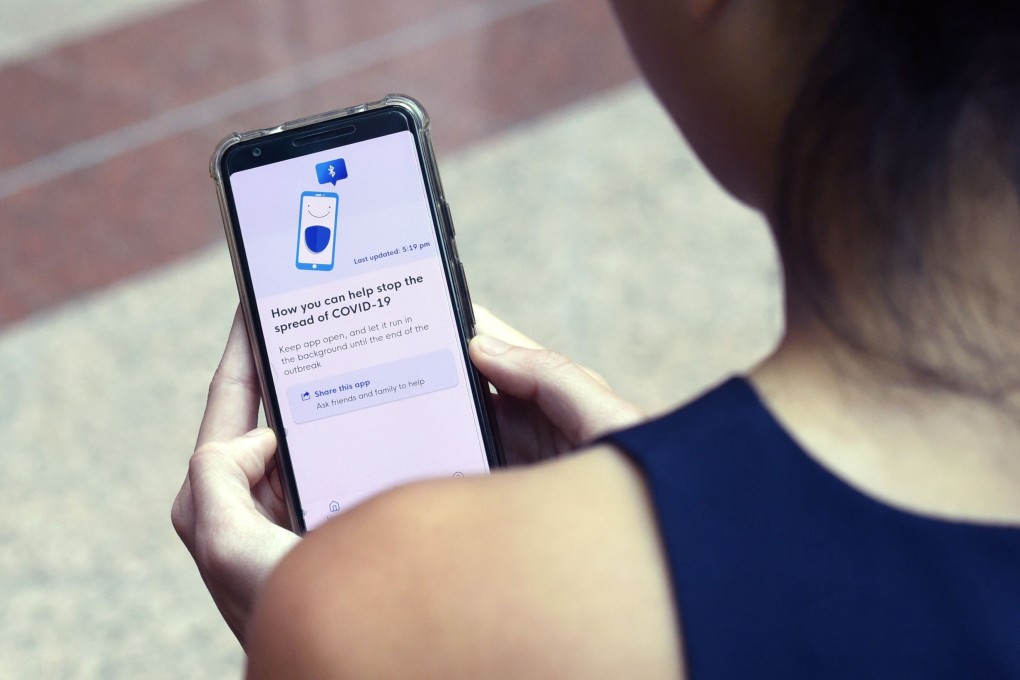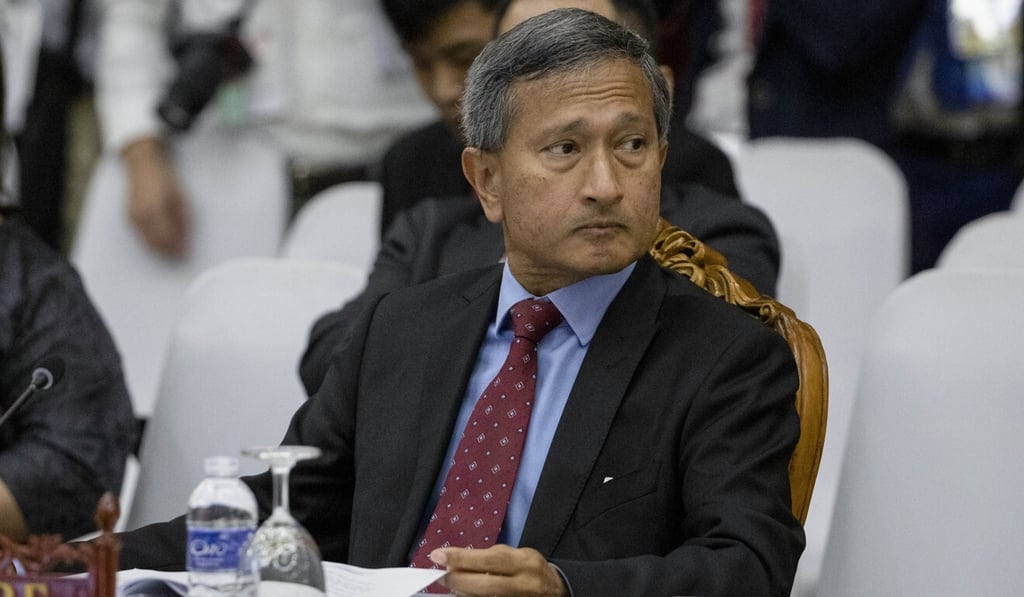Advertisement
Singapore aims to keep coronavirus contact tracing app voluntary, considers other devices
- Foreign Minister Vivian Balakrishnan said public trust, respecting privacy and voluntary participation are key to the success of the TraceTogether app
- Singapore is looking into other contact tracing devices, such as a dongle that could boost participation by mitigating the loss of phone battery life
Reading Time:2 minutes
Why you can trust SCMP

Singapore’s contact-tracing phone app, TraceTogether, will remain voluntary for “as long as possible”, Foreign Minister Vivian Balakrishnan said.
“It is a hybrid system based on public support, keeping public trust, and maintaining privacy,” Balakrishnan said.
“I think it is very important to have those features, because otherwise contact tracing will not work,” the minister said in an interview with Sky News Australia.
Advertisement

About 1.5 million residents have downloaded the app, or between 20 and 25 per cent of the city state’s population, he said.
Advertisement
Officials are considering other contact tracing devices, such as a dongle that could boost participation by mitigating the loss of phone battery life since the phone app runs on Bluetooth technology, said Balakrishnan.
“Maintaining trust, respecting privacy and getting voluntary participation is absolutely essential,” he said.
Advertisement
Select Voice
Select Speed
1.00x